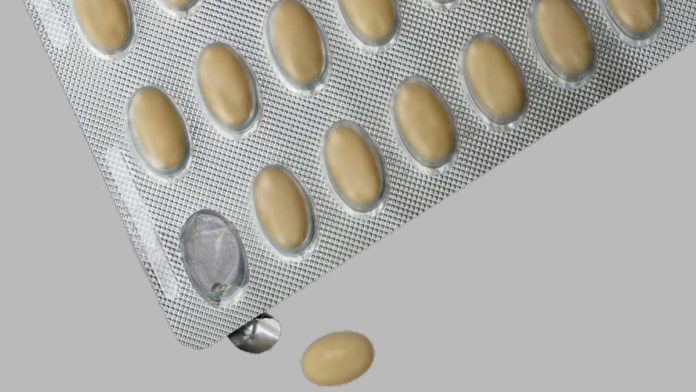A past meta-examination has found that current and recent users of menopausal hormone therapy (MHT) were at an increased risk of breast cancer, yet little data was accessible about the impacts of various sorts of MHT, or about long term risks after MHT use had ceased.
A new study by the Oxford scientists has suggested that all types of MHT, except topical vaginal estrogens, are associated with increased risks of breast cancer, and that the chances are higher for users of estrogen-progestagen hormone therapy than for estrogen-only hormone therapy.
During menopause, estrogen and progesterone levels fall substantially. As a result, some women experience period pain, severe hot flushes, and discomfort that can be alleviated by MHT.
MHT has been used mostly in western countries, with about 600 million woman-years of use since 1970. Use increased rapidly during the 1990s, halved abruptly in the early 2000s.
Women, in general, start MHT at around the time of the menopause and can continue for several years. At these ages, breast cancer is the most common malignancy in western nations; nearly 3% of ladies are determined to have it during their 50s. Regulatory bodies in Europe and the USA recommend that MHT be used for the shortest time that it is needed some clinical guidelines recommended less restrictive prescribing.
Scientists reanalyzed all eligible examinations from 1992-2018 that had recorded MHT use and after that observed breast cancer incidence, with 108,647 women subsequently creating breast cancer at an average age of 65 years. They took a gander at the sort of MHT last utilized, duration of utilization, and time since last use in these ladies.
Among women who developed breast cancer in the studies, half had used MHT, the average age at menopause and of starting MHT was 50 years. The average duration of use of MHT use was ten years in current users and seven years in past users.
For women of average weight in Western countries, about 63 in every 1,000 who never use MHT develop breast cancer during the 20 years from ages 50 to 69.
The creator’s gauge that for women with an average weight in Western nations, utilizing estrogen in addition to daily progestogen MHT for five years from the age of 50, increases breast cancer risk from age 50 to 69. For women using estrogen in addition to intermittent progestogen the incident increments by one in every 70 users, and for those using estrogen-just MHT, the incidence increments by one in every 200 clients.
After ceasing MHT, some excess risk persists for more than ten years – the size of this risk depends on the duration of previous use. If a woman had used MHT for less than a year, there was a little excess risk after that.
Increases in breast cancer risk would be about twice as high for women who use MHT for ten years rather than five years.
In a linked comment, Dr. Joanne Kotsopoulos, Women’s College Hospital, Canada, said: “Clinicians must heed the message of this study but also take a rational and comprehensive approach to the management of menopausal symptoms, with careful consideration of the risks and benefits of initiating MHT for each woman. This might be dependent on the severity of the symptoms, contraindications for MHT (i.e., breast cancer, cardiovascular disease, and stroke), and BMI, and could take into account patient preference.”
The findings have been published in The Lancet.
